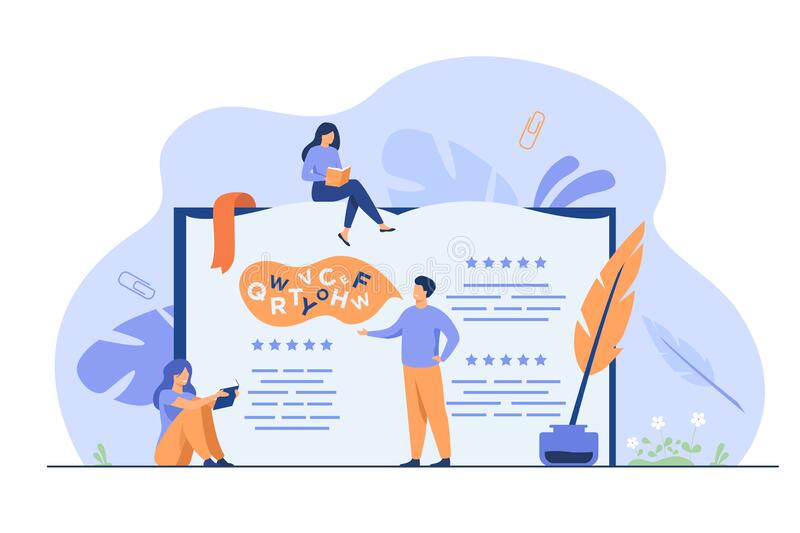Digital literacy in Kenya has seen significant growth, particularly in rural areas and regions like northern Kenya. This development is crucial as it bridges the gap between urban and rural populations, providing access to knowledge, resources, and opportunities through digital tools. In rural Kenya, where access to education and technology has historically been limited, digital literacy plays a transformative role in empowering communities. It enhances access to vital services such as healthcare, education, and financial inclusion, ultimately improving the quality of life for residents.
Organizations, especially NGOs, have played a pivotal role in advancing digital literacy in these regions. NGOs like World Vision, Finn Church Aid, and Boma have spearheaded initiatives that provide digital education and resources to underserved communities. These organizations have introduced digital learning platforms, provided training on basic computer skills, website designing and development, and ensured access to technology for students, teachers, and local entrepreneurs. Their efforts have fostered economic development, improved education standards, and promoted social inclusion in areas where traditional educational resources are scarce.
Additionally, conservation agencies such as Lewa have contributed to digital literacy efforts by incorporating technology into conservation practices. They train local communities in using digital tools for wildlife monitoring, environmental management, and sustainable development. This not only improves conservation efforts but also equips locals with valuable skills that can be applied in other sectors. Through these initiatives, digital literacy is helping to create a more connected, informed, and empowered rural Kenya.
Digital literacy training in Kenya has provided youth, including those from refugee communities, with a wide array of valuable skills that are shaping their personal and professional growth. These programs have opened up opportunities for young people to acquire expertise in areas such as web design and development, which not only equips them with technical skills but also enables them to participate in the global digital economy. By learning how to create websites, youth can offer freelance services, create personal projects, or build platforms for local businesses and organizations, thereby fostering entrepreneurship and self-sufficiency.
Skills gained through digital literacy program
Web design and development
The training has provided youth, including those from refugee communities, with a wide array of valuable skills that are shaping their personal and professional growth. These programs have opened up opportunities for young people to acquire expertise in areas such as web design and development, which not only equips them with technical skills but also enables them to participate in the global digital economy. By learning how to create websites, youth can offer freelance services, create personal projects, or build platforms for local businesses and organizations, thereby fostering entrepreneurship and self-sufficiency.
Digital Marketing
Digital marketing is another key skill that Kenyan youth are gaining through these literacy initiatives. With the rise of social media and online commerce, digital marketing allows young people to develop strategies for promoting businesses, managing social media platforms, and understanding consumer behavior online. This skill is particularly empowering for young entrepreneurs looking to market their products and services or those seeking employment in the rapidly growing digital marketing industry.
Graphic design and animation
Additionally, graphic design and animation have emerged as critical skills for creative expression and commercial ventures. Youth are learning to create compelling visuals, and animations, and design content for businesses, non-profits, and personal projects. These skills are not only useful for creating visually appealing content but also for building brands and communicating ideas effectively in today’s visual-driven media landscape.
Photography and storytelling
Photography and storytelling have also become popular skills, enabling young people to capture and share powerful narratives. These skills are vital for creating content for social media, blogs, and other platforms, allowing them to engage audiences and bring attention to important issues within their communities. Similarly, video editing has become an important tool for youth who wish to work in media production, marketing, or journalism, helping them produce professional-quality videos that can be used for advocacy, entertainment, or educational purposes.
Personal development
Beyond technical expertise, digital literacy training fosters personal growth by building confidence, creativity, and problem-solving skills. It helps youth develop a sense of purpose, empowering them to overcome challenges and seek opportunities for further learning and career advancement. By gaining these diverse skills, Kenyan youth, including those from refugee backgrounds, are not only enhancing their employability but also contributing to the socio-economic development of their communities.
The impact
Lastly, digital literacy training has become a transformative force for Kenyan youth, providing them with the skills and knowledge needed to thrive in today’s digital world. These programs are opening doors to new opportunities, enabling young people to participate in the global economy, access better education, and develop essential life skills. Through training in areas such as web design, digital marketing, and graphic design, youth are not only gaining technical expertise but also learning how to apply these skills in practical, real-world scenarios. This empowerment allows them to become creators, innovators, and active contributors to their communities.
Moreover, digital literacy is fostering entrepreneurship among Kenyan youth, encouraging them to build their businesses and create job opportunities for others. By mastering skills like animation, photography, and video editing, young people can turn their creative passions into viable careers. This entrepreneurial spirit is especially evident in rural areas and refugee communities, where digital training has provided a lifeline for those who may otherwise lack access to formal employment. The ability to work remotely or offer freelance services through digital platforms is revolutionizing the way young people approach work and business in Kenya.
Ultimately, digital literacy is not just about gaining technical skills; it is about building confidence, independence, and resilience. By equipping young people with the tools to navigate the digital landscape, these training programs are enabling them to take control of their future. As more youth gain access to these opportunities, Kenya is witnessing the rise of a digitally empowered generation capable of driving innovation, fostering economic growth, and making a lasting impact on society.
